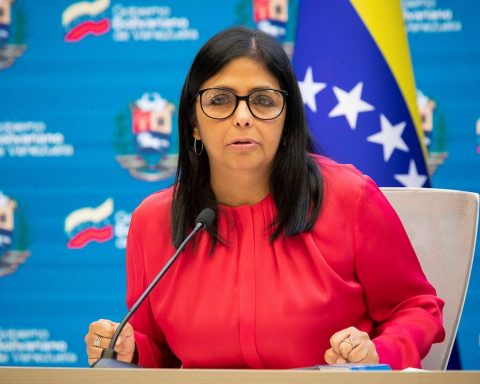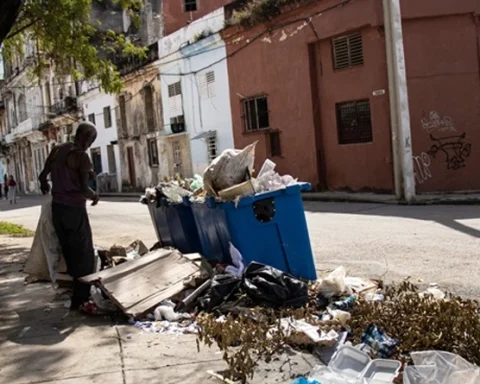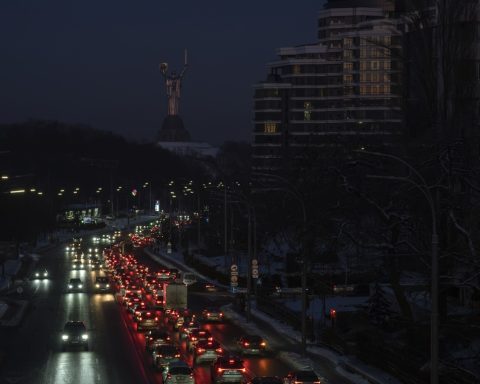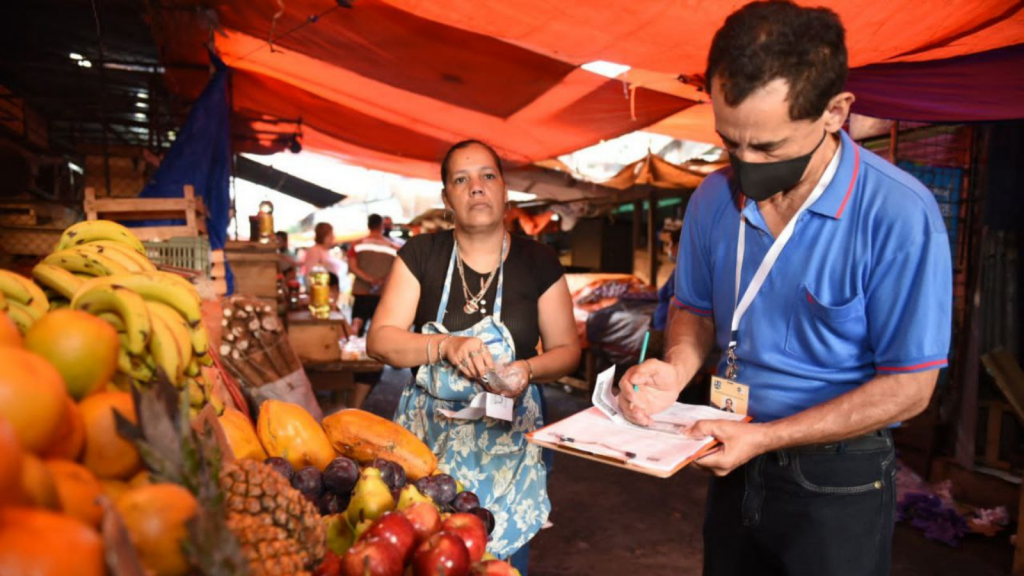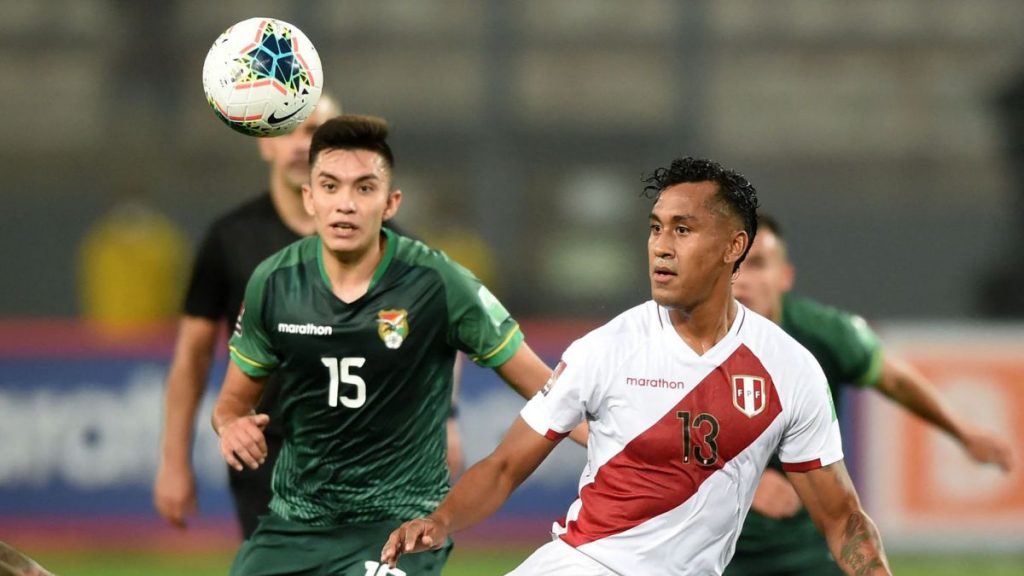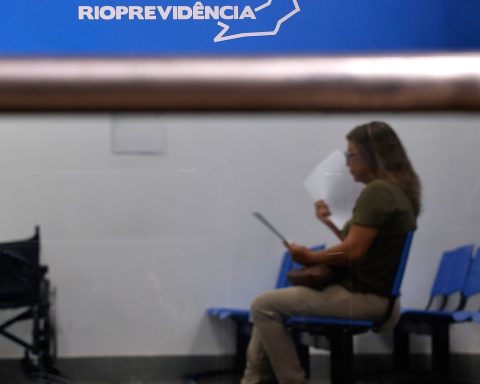Almost 10 million children in low-income countries such as Nigeria and Pakistan never received a vaccine due to the government’s inability to focus on socially disadvantaged groups, among other causes, it emerged today.
Two-thirds of these zero-dose infants live below the global poverty line, their families subsisting on less than $ 2.35 a day, in urban slums or conflict zones, a new Canadian-Indian study published in the journal exposed Lancet Global Health.
The researchers analyzed national survey data to better understand how social, economic and geographic inequalities in India between 1992 and 2016 determined the chances that children would remain unimmunized.
In the text they described that that Asian nation made enormous progress in the routine vaccination of children during the stage and the proportion without doses fell three times from 33 percent in the first year to 10 in the last.
However, they noted that, in 2016, children continued to be concentrated in disadvantaged groups, including households with lower incomes, those born to mothers with less education and pregnant women who do not fully benefit from health services.
In addition, compared to those immunized against any disease, those with zero doses were more likely to suffer from malnutrition.
In total, at the end of the evaluated period, they estimated 2.9 million unvaccinated children in India, located in the less developed states and districts and in several urban areas.
They recognized the boost to work in general until 2020 given by the Vaccination Alliance, known as GAVI, in collaboration with executives from different countries, the World Health Organization and the United Nations Children’s Fund (Unicef).
They succeeded in getting significantly more children in poor countries in Africa and elsewhere to receive routine drugs: 81 percent so far this year, compared to 59 in 2000, the authors noted.
The international community should give top priority to interventions that address the cycle of differences that we assess along the way, warned Mira Johri, study leader and professor of public health at the University of Montreal, Canada.
At the global level, the Indian experience suggests that “zero-dose childhood vaccination status is an important marker of vulnerability linked to systematic disadvantage in life,” the scholar stressed.
Identifying children with zero dose and intervening early to address the complex sources of disadvantage they face has the potential to transform life chances and combat intergenerational inequalities, Johri noted.



